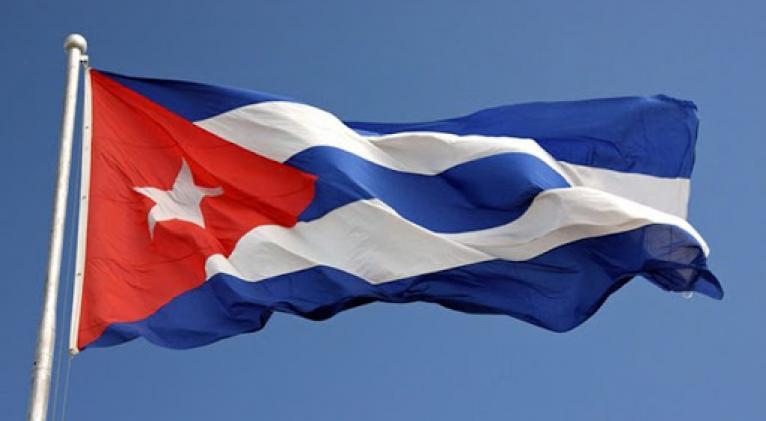EDITORIAL: Nation sieged, nation still standing
especiales

There will be no surprise: the support to the report: 'Need to put an end to the economic, commercial and financial blockade imposed by the United States of America on Cuba,' to be introduced by Cuba at UN this Wednesday, will be unanimous. The world will reject once again the economic, financial and commercial siege that the US government has imposed on Cuba for over 60 years now.
The condemnation to this enforcement measure has been, for a long time, a traditional response at the multilateral forum. And so has been the arrogance of the aggressive power, which has ignored the claims of most member states.
The blockade (or embargo, as it is euphemistically called) is one of the least popular measures in the community of nations. And even though the US government insists it is a bilateral issue, it is actually extraterritorial as it violates the international right.
The worst side of it is the damage caused to an entire nation and its citizens to the point that it has been labeled as genocidal. Beyond the rhetoric of successive US administrations, the goal of the blockade is to subdue the Cuban people through starvation and shortage and put pressure on them to topple their government and hence, dismantle the country’s social and political system.
Six decades should be enough to prove the failure of that policy. Cuba is still standing. But the damage has been huge for full generations of Cubans. In figures, we are talking about billions US$.
It would be tough for any economy of any nation to face, even survive such a cruel and extended blockade. Cuba has succeeded.
Despite so many aggressions, Cuba has also succeeded in several fields of social and human development. The most recent example is the efficiency of the Cuban vaccine candidates against COVID-19. It is not a miracle at all that a sieged country has achieved so: it is the will and daily efforts of a whole nation that trusts its dreamed project of society, and we are focused on building it.
Translated by Sergio A. Paneque Díaz / CubaSí Translation Staff














Add new comment